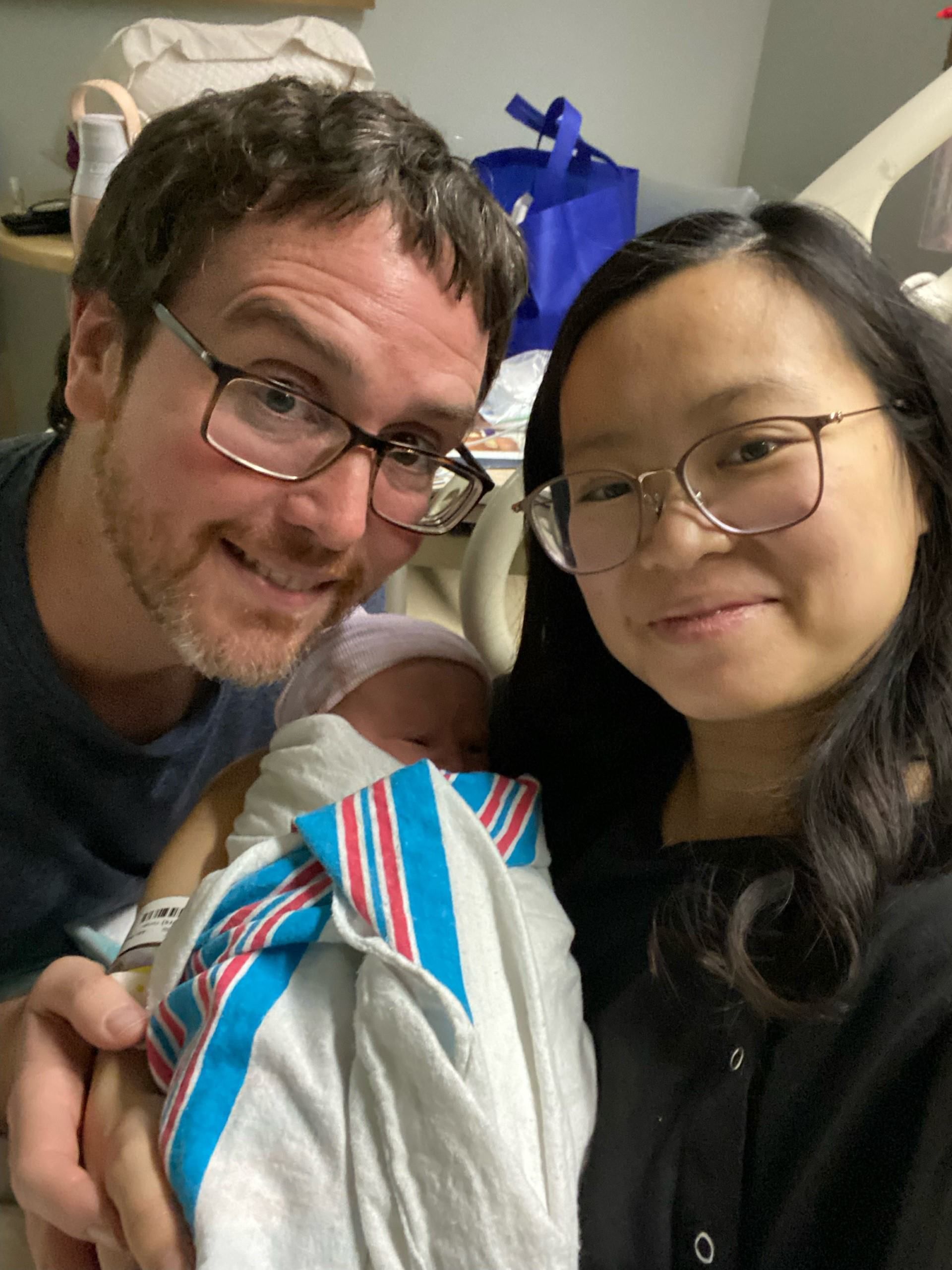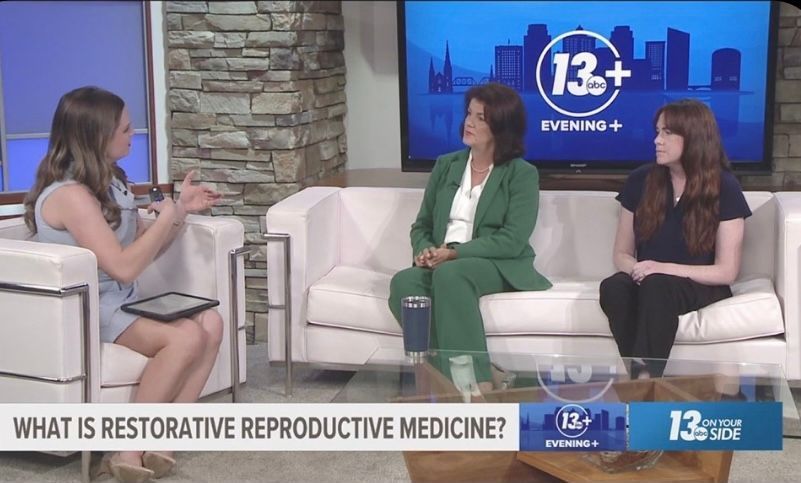The Case for Restorative Reproductive Medicine
By Deborah Colloton
Two things struck me during reflections surrounding 2024 “National Infertility Awareness Week”:
1. The argument for restorative reproductive medicine (RRM) over in vitro fertilization (IVF) is so compelling. For couples for whom RRM is a fit (most couples experiencing infertility), it’s hard to see why RRM shouldn’t be considered the essential first step: RRM is less invasive, less expensive, and far healthier than IVF, and is at least as effective (compared to autologous IVF). Moreover, it carries none of the vexing ethical issues attached to IVF.
2. There is a surprising range of voices expressing concern about the patient experience and patient outcomes with IVF. The Economist recently characterized IVF as “grueling and costly” and “failing most women,” and numerous academic articles have warned against overuse of IVF and suggest we hew more closely to nature.
I reflect further on these issues in A New Solution for Infertility at Real Clear Science.
The Reply clinic for years has championed RRM, and advocated for more attention and more research for improved understanding and treatment of reproductive health problems. Exciting progress is being made with the establishment of the new international research registry, Surveillance of Treatment Outcomes for Restorative Reproductive Medicine (STORRM), a collaborative effort of the International Institute for Restorative Reproductive Medicine (IIRRM) and the University of Utah School of Medicine. Reply is a participant in the STORRM research, which currently is evaluating outcomes for couples facing infertility or recurrent miscarriage.
Advancement of RRM cannot happen soon enough. In the meantime, patients deserve greater awareness of options as they work to navigate what can be confusing and even devastating circumstances of facing a fertility challenge.












